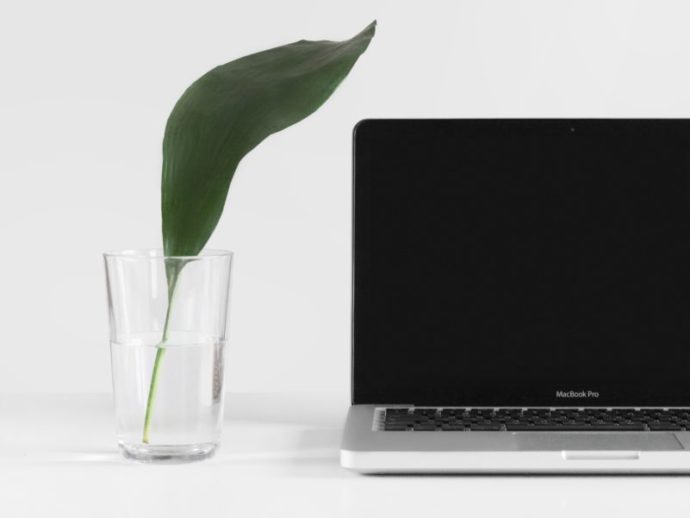
How’s your work-life balance? Not perfect? You’re not alone. Striking this balance can be one of the most challenging aspects of modern living—yet it’s essential to maintain health and productivity.
We’ve rounded up some surprising expert tips to help you steady yourself on the tightrope.
Set two priorities, not 20
“Creating work-life balance is harder than just adding things to your to-do list,” says Gayle Wiebe Oudeh, a leadership and conflict management coach. “I often challenge clients to start each day by asking two questions: ‘What is really important for me today at work?’ and ‘What is really important for me today outside of work?’ Then, focus on those two things during the day.”
Different things take priority at different times. Sometimes family needs 100 percent of your energy, while at other times, work or health or a vacation is your main focus.
“If you have an important work task, then focus on that,” says Oudeh. “If you need to be emotionally supportive to a loved one who is going through a difficult time, then acknowledge and commit to that. This mindset allows you to focus on each priority at the appropriate time and in the appropriate way, rather than feeling distracted and off balance all day.”
Stop fixating on time management
“Clients always ask me for the best or latest gadget to help them manage their time,” says life coach Michelle Cullum. “But it’s not about time management; it’s about self-management. I encourage clients to keep a week-long time log to track where and how they spend their time. It’s usually an eye-opening experience to see where time goes.”
Almost one-third of our time goes to sleep. Then we commute, get ready for work, do our jobs and take care of immediate commitments (appointments, driving kids to soccer practice, volunteering). What’s missing in that picture?
“I make my clients take themselves on dates—[something just for themselves]—every week,” says Cullum. “When they take care of themselves, they feel and act better toward others. This makes them happier. It’s an upward spiral.”
Track your energy, not your to-do list
“The most important thing to realize is that time has nothing to do with balance,” says “The Balance Whisperer” and stress management consultant Cathleen O’Connor.
“Throw the clock out the window. Instead, focus on energy. Balance is about choosing where to spend your energy—what to say yes to and what to refuse.”
What gives you energy? Make a deliberate effort to do more of it. What drains you? Do less of it.
“It sounds simple, but it works!” says O’Connor. “If hugging your six-year old fills you with zest, then make room for more hugs in your day. If grocery shopping after work exhausts you, then delegate the task or find a store that delivers.”
And remember: this isn’t about parity across the board.
“Balance doesn’t mean equal,” says Beverly Beuermann-King, a stress and wellness specialist. “It means you’re satisfied with how you spend your time, what your priorities are and how you make decisions about what to prioritize.”






